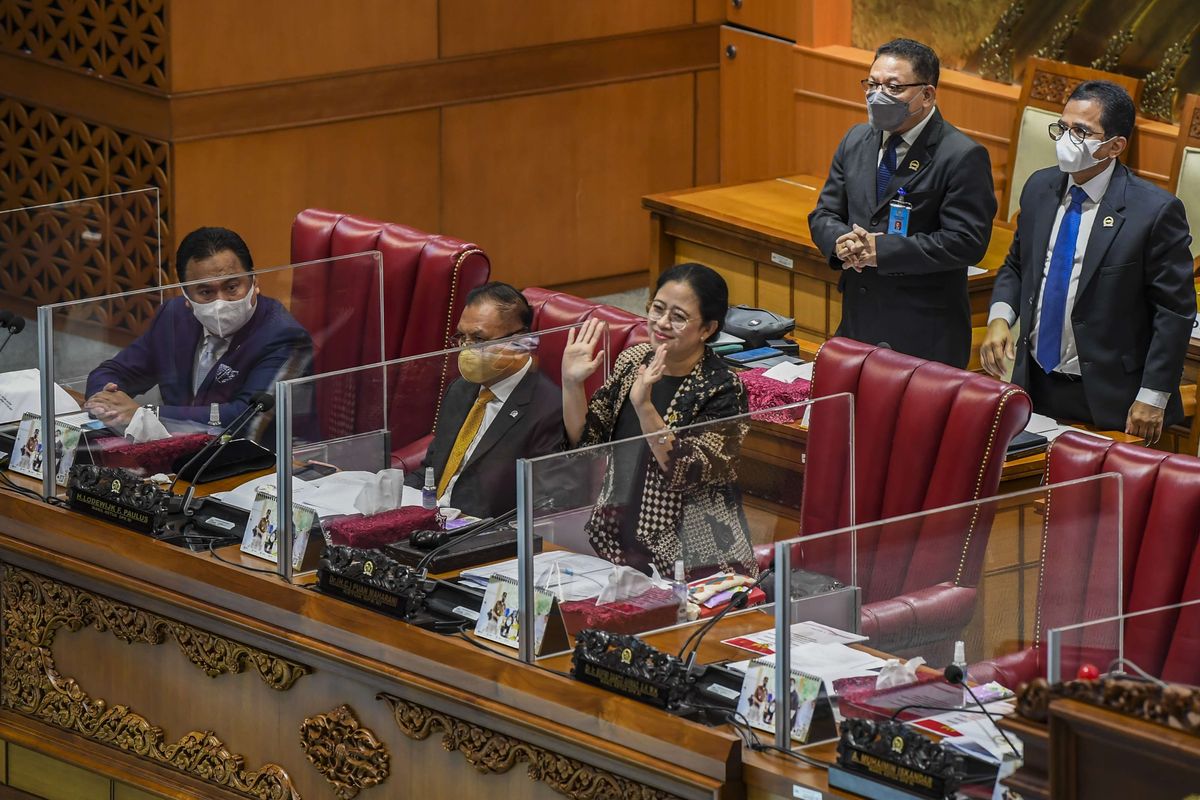
KOMPAS.com - Indonesia’s House of Representatives passed a long-awaited bill to tackle sexual violence on Tuesday, April 12.
The legislation aims to provide a legal framework for victims to secure justice in a country where sexual abuse has often been regarded as a private matter.
A majority of lawmakers backed the bill at the plenary session in parliament on Tuesday, overcoming opposition from some conservative groups in the world’s biggest Muslim-majority country.
“We hope that the implementation of this law will resolve sexual violence cases,” Speaker of the House Puan Maharani said.
Also read: Speed Up Passage of Anti-Sexual Violence Bill: Indonesias President Aide
The new law recognizes men and children can be victims of sexual violence.
Indonesia’s criminal code, a legacy of the Dutch colonial era, recognizes only rape and lewd crimes committed by men against women and does not have provisions for restitution or other remedies for victims and survivors.
Nine forms of sexual violence are recognized in the law: physical and non-physical sexual harassment, sexual torture, forced contraception, forced sterilization, forced marriage, sexual slavery, sexual exploitation, and cyber sexual harassment.
In addition to acknowledging sexual violence as a punishable criminal act, the law has provisions for protection and recovery for the victims.
Activists have broadly welcomed the bill, though some have objected to its limited scope.
Only some sex crimes are included and it omits a specific clause on rape, which the government has said will be included in other legislation.
Also read: Violence Against Women, Children Surges during Pandemic in Indonesia: Ministry
“This is surely a step forward,” Asfinawati, a law expert at Jentera school of law, who has assisted sexual violence victims, said while noting definitions of rape currently covered under the criminal code should still be made clearer.
Sexual violence complaints have been rising in Indonesia, where prosecuting sex crimes has been complicated by the absence of a dedicated legal framework.
Victims’ concerns of being shamed during questioning have also deterred many from speaking up, according to activists.
































